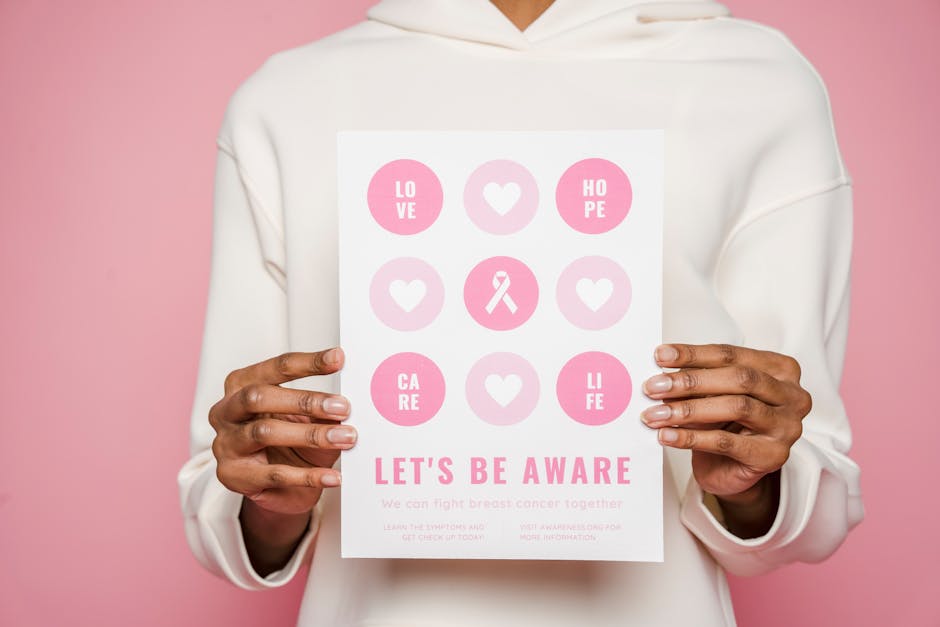Crucial distinctions exist between reputable and unreliable sources. Genuine health information originates from rigorously researched, peer-reviewed studies and is consistently updated. Conversely, sources lacking these foundations often present biased opinions, unverified claims, or outdated data. Understanding the characteristics of each category is essential for informed decision-making.
A cornerstone of dependable health information rests with established governmental organizations. Agencies such as the Centers for Disease Control and Prevention (CDC) in the United States, or Public Health England in the United Kingdom, exemplify this. Their roles encompass disease surveillance, prevention, and public health initiatives. These entities publish evidence-based guidelines, recommendations, and reports grounded in scientific scrutiny. Their mission to protect and promote public health translates into reliable and crucial information.
Similarly, prominent health organizations, including the World Health Organization (WHO) and national equivalents, are indispensable. These global bodies provide comprehensive resources on a wide array of health issues, offering evidence-based information on prevention, treatment, and care. Their international scope and commitment to public health ensure their work is valuable and reliable.
Medical professionals, specifically physicians, nurse practitioners, and other healthcare providers, form a critical link in the chain of trusted health information. Their experience, education, and continuous professional development are instrumental in offering sound medical advice. A visit to a qualified medical practitioner often proves beneficial, especially for personalized health guidance.
Academic journals, a pivotal component of the scientific community, stand as trustworthy resources. These publications undergo stringent peer review processes, validating the research methodology, accuracy, and conclusions of studies. Understanding how to read and interpret these journals is a valuable skill for discerning credible evidence.
Well-regarded medical schools and universities frequently disseminate valuable health information through their research, publications, and educational initiatives. Their contributions often focus on cutting-edge discoveries and emerging trends within the field. Recognizing these institutions as reliable sources adds depth to one’s knowledge base.
Professional medical societies, like the American Medical Association or the British Medical Association, offer robust resources on medical issues and best practices. Their established standards for healthcare and their commitment to evidence-based practice make them reliable sources of information.
While these established institutions are fundamental, selecting information from websites necessitates careful consideration. Health websites affiliated with reputable organizations, hospitals, and universities generally present reliable information. Look for websites with clear author credentials, transparent funding sources, and a commitment to accuracy and up-to-date content.
The internet abounds with unreliable sources masquerading as health information providers. Social media platforms are notorious for spreading unverified claims, misinformation, and anecdotal experiences. Be highly cautious of self-proclaimed experts or individuals lacking medical qualifications offering health advice. Always cross-reference information from such sources with established medical authorities.
One crucial element in evaluating any health information is to seek multiple perspectives. Diversifying your knowledge base from several reliable sources is essential, ensuring the information aligns with broader scientific consensus. The convergence of viewpoints across reputable sources strengthens confidence in the reliability of that information.
An essential step in verifying the validity of health advice is looking for citations and references. Credible sources often include citations, allowing readers to trace the origins of the information. The absence of citations raises concerns about the reliability of the source.
In conclusion, navigating the world of health information requires discernment and critical thinking. A diverse approach including established governmental organizations, professional medical bodies, and verified academic sources are essential. Always prioritize sources with established credentials and transparent practices. Remember, health is a complex journey, and trusted sources are vital for making informed decisions on the path to wellness. Approach health information with a healthy dose of skepticism, demanding evidence and supporting data from any source claiming to impart health guidance.
